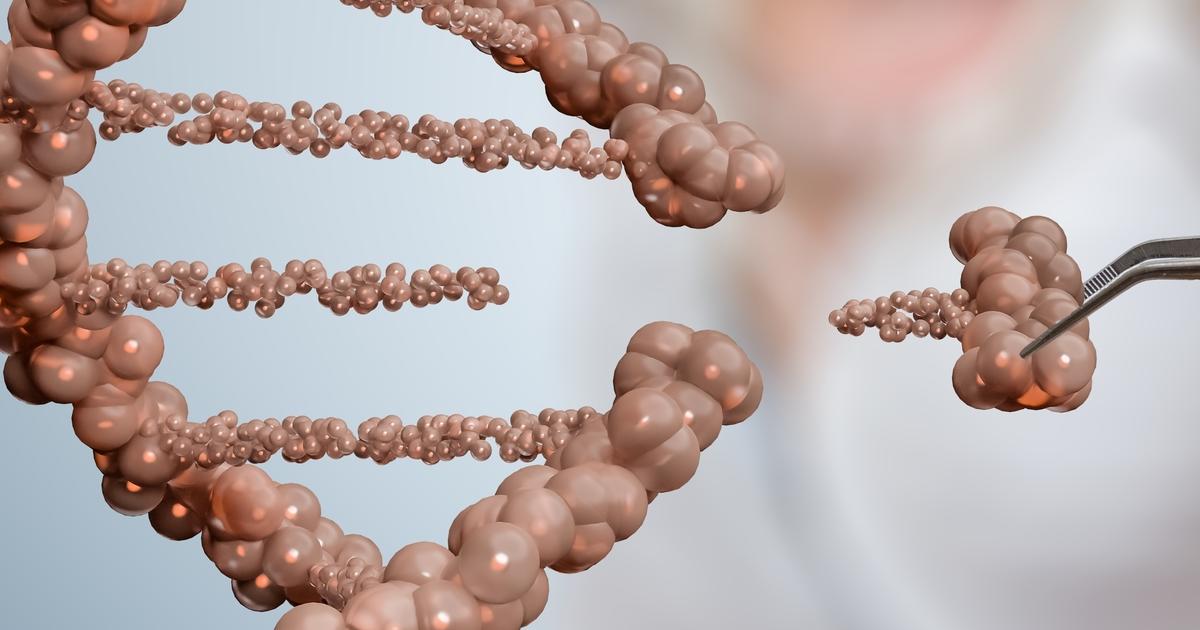What Causes Lung Cancer?
Genetics And Family History

An individual with specific genetics and family history may develop lung cancer as a result of their hereditary predisposition to the disease. Genetic factors are responsible for around eight percent of all cases of lung cancer, even in individuals who have never smoked before. Someone is twice as likely to develop lung cancer if they have a first-degree blood family member with lung cancer. An individual's lung cancer risk increases by about a third if they have a second-degree blood relative who has also had lung cancer. Certain mutations that can be passed down from an individual's parents can cause problems with their production of important proteins in the body that work to quickly and effectively repair cellular DNA damage. The genes that carry this mutation are referred to as tumor suppressor genes, and mutations allow a more favorable condition for cancerous cell growth in the body. Genetics and family history almost always combine with other risk factors to cause lung cancer to develop. CT screening may be recommended at regular intervals for patients who have an increased risk of developing lung cancer because of their family history.
Get more information on the causes and risk factors for lung cancer now.
Pollution

Some individuals may develop lung cancer as a result of pollution exposure combined with other predisposing factors. Particle pollution refers to a blend of liquid and solid particles in the outdoor air composed of many substances such as those in vehicle exhaust, produced by industrial sources, organic chemicals, smoke, soil, dust, metals, and many others. The smallest form of such particles that carry the concern of causing lung cancer are referred to as PM2.5. These particles are inhaled into the lungs and are too small to be expelled from the body through the mechanisms put in place that are meant to help remove substances. The small particles bury into the tissues of the lungs and cause cellular damage and an inflammatory process to occur. Additionally, the substances in the PM2.5 particles themselves are known to produce mutagenic activity in the cells directly. This mutagenic activity means the particles stimulate changes to the DNA in the cells, which can alter the ability of the cells to grow, multiply, and end their life cycle when they should. Eventually, the particles in the air pollution produce more DNA alterations in the lung cells then what the body can keep up with, leading to the development of cancer.
Read more about risk factors for developing lung cancer now.
